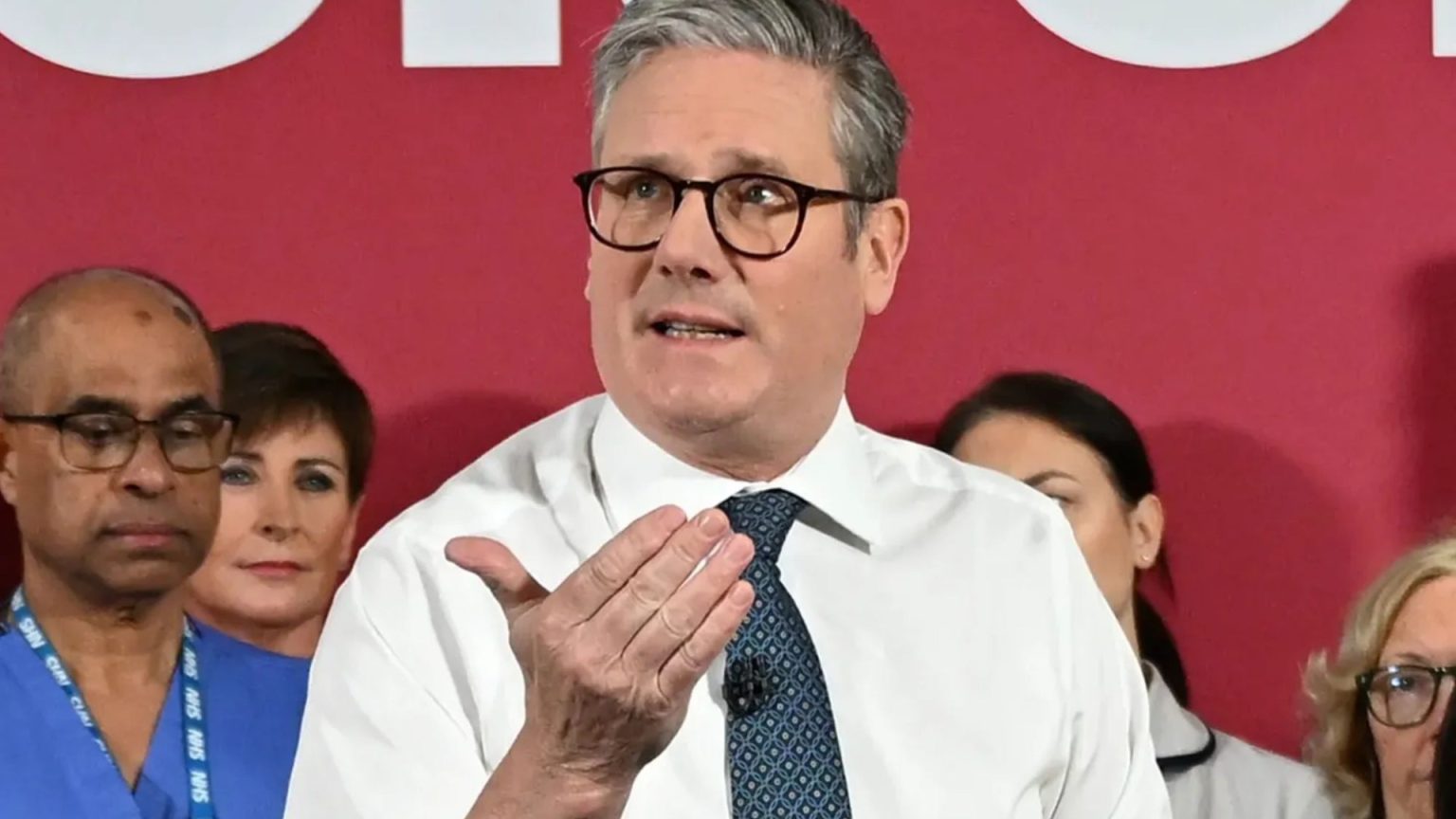Sir Keir Starmer, the Prime Minister, has announced a significant policy shift aimed at tackling the persistent issue of long waiting times within the National Health Service (NHS). In a move that challenges his previous stance and confronts opposition from trade unions and some within his own party, Starmer has declared the NHS must collaborate more extensively with the private sector to expedite patient care. This new initiative marks a departure from traditional Labour Party ideology, which has historically favored a publicly funded and operated healthcare system, and underscores the urgency of addressing the current crisis facing the NHS. Starmer emphasizes that dogma should not obstruct pragmatic solutions and that patients’ well-being must take precedence. The government’s objective is to reduce the number of patients waiting over 18 weeks for an NHS appointment by nearly half a million within the next year.
The core of the plan involves a partnership between the NHS and independent healthcare providers, focusing specifically on medical specialties with the most extensive waiting lists. This collaboration aims to leverage the existing capacity within the private sector to alleviate pressure on the NHS and accelerate access to treatment. While acknowledging potential resistance to this approach, Starmer maintains that the gravity of the situation necessitates a decisive shift away from ideological constraints and towards pragmatic problem-solving. He asserts that the public expects concrete action to reduce waiting times and that the government is committed to delivering tangible results.
The Department of Health has directed private healthcare providers to ensure that a wide range of patients can receive free treatment in their facilities, funded by the NHS. This is a crucial aspect of the plan, ensuring that access to healthcare remains free at the point of use, a fundamental principle of the NHS. Private healthcare providers have indicated their capacity to provide an additional one million appointments annually, demonstrating the potential of this partnership to significantly increase the availability of medical services. The government envisions leveraging this capacity to substantially reduce the backlog of patients awaiting treatment.
To facilitate this new system, the NHS app will be updated to offer patients the option of receiving treatment at private facilities, with the costs covered by the state. This will empower patients with greater choice and control over their healthcare, allowing them to select the most convenient and timely option available. Amanda Pritchard, the chief executive of the NHS, has expressed support for the initiative, highlighting its potential to optimize the use of private sector capacity where it is most needed and ultimately benefit patients by reducing waiting times. This streamlined approach aims to improve the overall efficiency of the healthcare system.
The announcement of this new policy represents a significant departure from previous statements made by the Prime Minister, who had previously expressed reluctance to utilize private healthcare. This shift underscores the gravity of the current situation and the government’s commitment to exploring all available avenues to improve the NHS. The move has predictably generated mixed reactions, with trade union leaders expressing concerns about the potential implications for the future of the NHS and its public funding model. However, the government maintains that this partnership with the private sector is a necessary step to address the immediate crisis and improve patient care.
The success of this initiative hinges on effective collaboration and coordination between the NHS and private healthcare providers. Clear guidelines and transparent communication will be essential to ensure seamless patient transitions and maintain the quality and consistency of care. The government’s commitment to prioritizing patient well-being and its willingness to challenge conventional approaches signal a determined effort to tackle the long-standing challenges facing the NHS. The long-term implications of this policy shift remain to be seen, but it marks a significant development in the ongoing debate about the future of healthcare in the UK.


